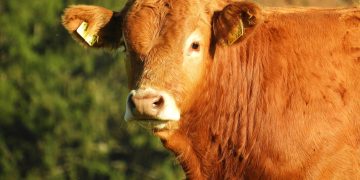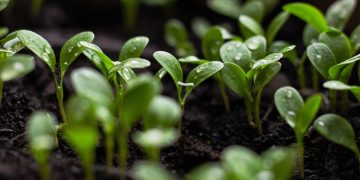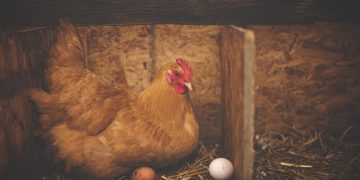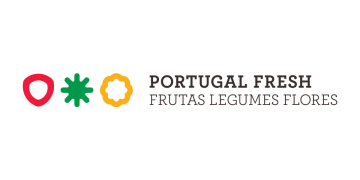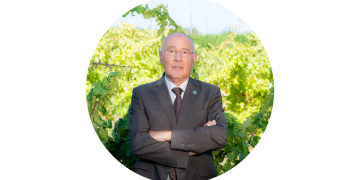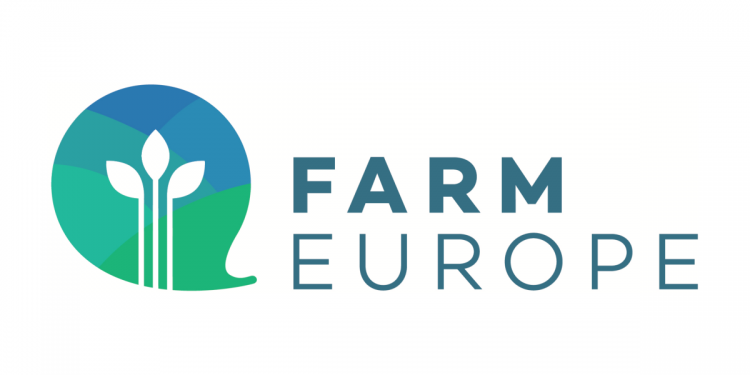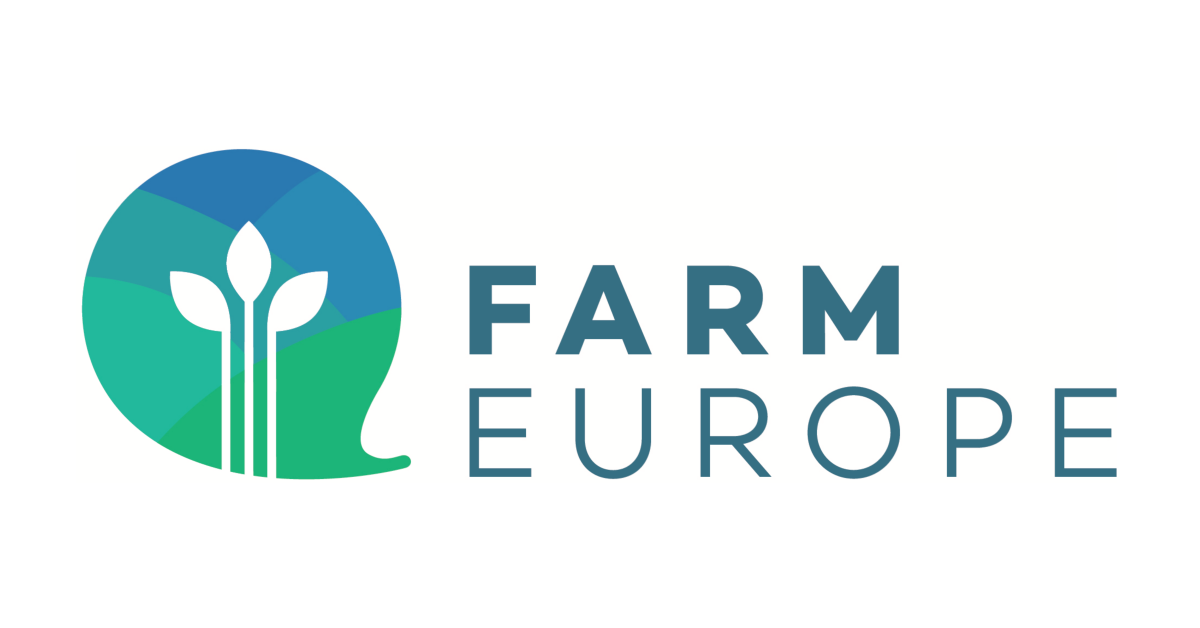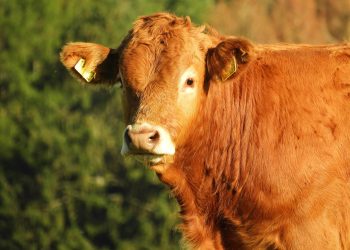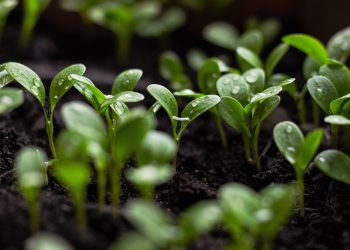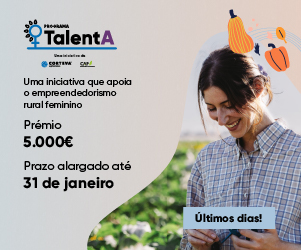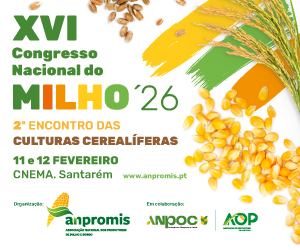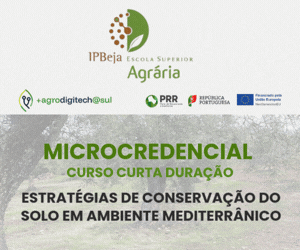Prior to any step forward at EU level on cellular food products a serious work should be launched to identify all the potential risks that are still unclear. At least the risks are clearly closer to the pharmaceutical world than food products. The evaluation by public authorities shall not be limited to the final product, but instead must cover to the full process, which makes the Novel Food regulation not fit for purpose.
The draft own-initiative report by MEP Emma Wiesner (Renew Europe) has caught most of her colleagues in the European Parliament by surprise, planting the subject of cell-based food high on her wish-list to address the EU’s protein autonomy challenge alongside more positive elements like the synergies between protein and bioenergy production, which are important to underline.
The Swedish MEP believes that “cell-based agriculture and seafood are promising and innovative solutions”, suggesting that “innovative cell-based foods can help increase protein production and complement agriculture”. Therefore, for the MEP, the marketing process “should be based solely on the safety of the product” under the Novel Food Regulation, which should itself be simplified to speed up the authorisation process and thus encourage innovation.
In this context, European elected representatives will have to quickly shape their opinion on a complex subject that touches on a multitude of ethical, environmental, technological, economic and of course health dimensions.
They will have to take a position while cell culture processes are still at an emerging step, in a test phase to move from the laboratory to the industrial scale, without any clarity on the chances to succeed safely for consumers. It is therefore essential to mobilise thinking to bring rational elements to a debate that is really taking food into hitherto unknown and uncertain territory.
What are we talking about?
There are many processes and variants for cell culture. Most of them are laboratory production processes for food and other animal products. Starting with a sample of animal cells taken from muscle or embryos of living animals and placed in a nutrient-rich medium, the cell tissue is grown under controlled conditions in bioreactors to develop into muscle, fat or other tissue cells to form conglomerates of animal cells and other animal products (such as leather, gelatine, collagen) (Warner, 2019).
The medium, in which the cells are grown, is synthesised from fetal bovine serum, although currently many companies are attempting to develop animal-free serum options for cost and ethical reasons. The cells are then harvested and aggregated or processed to give the product its final formulation.
After seeing these products as a potential answer to the climate challenge a decade ago, the latest scientific studies are much more cautious about any benefits, given the multiple sources of pollution and the amount of energy required. In most cases, livestock farming requires more land, but less energy, chemicals or plastics, for example, not mentioning hormones. This is all the more true since the comparative impact analyses initially carried out by the cellular meat sector fail to take into account in a serious manner the co-products or co-benefits associated with breeding on the one hand, and the issues associated with a possible transition to the industrial phase on the other.
What is the status of their development?
It might sound like science fiction for most EU citizens. But since the first synthetic burger was presented to BBC viewers in August 2013, cell culture has become a reality both in terms of product development and influential economic ecosystem. In December 2020, Singapore became the first country to allow synthetic imitation chicken meat onto the market. A first step was also taken in the US when the Food and Drug Administration completed its pre-market consultation in November 2022.
Nevertheless, the transition to industrial scale remains a challenge, despite the significant financial investments already made by market players. The transition from the laboratory stage to large-scale development lines is far from complete, and the control of cell variability in non-“natural” atmosphere is not guaranteed. The development of “culture medium” – most often today fetal serum – which represents a significant cost, remains unresolved, as do ethical questions. The energy costs associated with these culture processes remain extremely high.
There are many initiatives underway to produce imitations not only of products such as meat or milk, but also of breast milk, egg white, foie gras, oils, leather, gelatine and collagen, caviar, seafood, chocolate and coffee.
What legislative authorisation process should apply in the EU?
Currently, cell-based products can fall under either the Novel Food Regulation (EU/2015/2283), which specifically mentions cell culture, or the Genetically Modified Food and Feed Regulation 1829/2003. EU law defines a novel food as “any food which was not used for human consumption to any significant degree within the Union before 15 May 1997”, the date on which the Novel Foods Regulation entered into force. The regulation further specifies that novel foods can be newly developed food, innovative food, food produced using new technologies and production processes, as well as food that is or has been traditionally consumed outside the EU.
The Novel Food process usually takes between 18 and 24 months, but can take longer as in the case of Chia seeds, for which the UK authorities’ application to the Commission in 2004 was successful in 2009. The European Food Safety Authority plays a key role in this.
While a representative of the European Commission indicated at an event in the European Parliament on 13 July 2022 that cellular products should follow the Novel Food Regulation, this analysis is far from unanimous, due to the multitude of questions raised by those disruptive products. Some experts believe that the GMO regulation is much more appropriate, as most of the time the manufacturing process involves genetically modified organisms. Furthermore, given their proximity to pharmaceutical products, the question of pre-clinical and clinical studies to be carried out prior to any marketing, as for new drugs, could arise. This is all the more true as the risks themselves have not yet been fully identified.
Towards a specific framework yet to be developed?
“While many risks are already well known and exist in conventionally produced foods, it may be necessary to focus on materials, inputs, ingredients (including potential allergens) and equipment specific to the production of cell-based foods,” note the WHO and the FAO in its first large-scale analysis of the issues related to cell-based products, published on 5 April. This analysis highlights specific risks to be taken into account that bring cell-based products closer to biotechnologies, cloned products or gene therapies in the field of human health. This is particularly the case for new toxins or allergens, used at the cell production stage, and for the structural or chemical stability of the genetic material used, a risk associated with all biotechnologies used in the food field.
“There is currently a limited amount of information and data on the food safety aspects of cell-based foods to help regulators make informed decisions,” say the FAO and WHO, whose analyses are limited to health issues, for which they call for more international cooperation and transparency. Moreover, these international agencies do not address the ethical, economic or commercial issues raised by these new products, such as the question of patenting life forms, which remains a particularly sensitive issue in the strategic field of food.
It is clear that all the risks linked to the health safety of the final products and the stability of the production processes themselves lead the scientists involved in the evaluation into unknown territory.
Before concluding on the need to accelerate the pace, as suggested in the draft report on the European protein strategy currently under discussion in the European Parliament, it would be better instead of taking the time to assess all the challenges raised by cellular agriculture, including the head-on collision with food systems based on natural cycles. An in-depth study of the impacts of scaling up, and all the industrial processes and consumption that this would entail, seems absolutely essential. Moreover, the FAO and the WHO are being particularly cautious. At the very least, an analysis, followed by an in-depth and transparent reflection on an ad hoc analysis framework should be envisaged by the European Commission before any approval process is launched.
O artigo foi publicado originalmente em Farm Europe.


